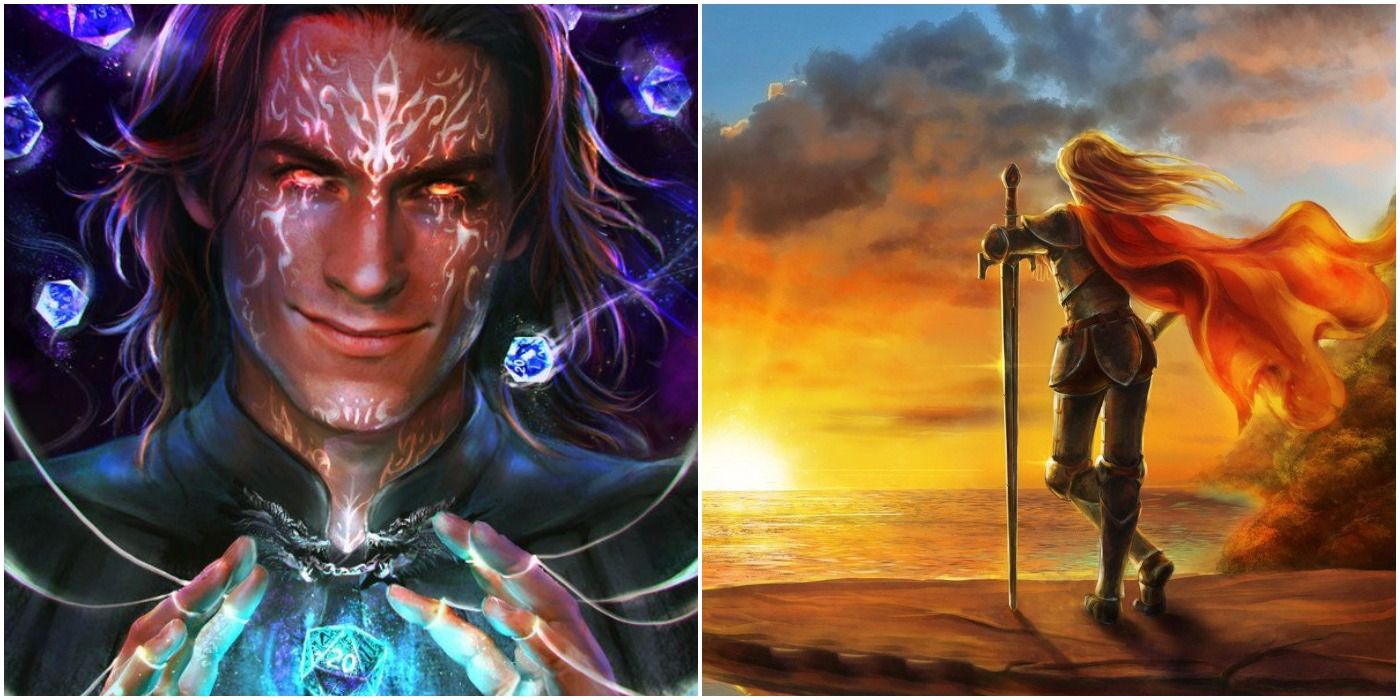
There are two core roles to playing Dungeons and Dragons: The Dungeon Master and the Player. Each has its own perk and usefulness, as you can't play the game without both. Each are incredibly demanding in and of themselves, but for very different reasons.
It really all comes down to asking how involved in the plot that someone wants to be. If there is the deep-seated desire to know every background detail and there's the ability to think quickly, then being the DM might be the better choice. If instead it is more fun to just play along, or see how many curveballs can be thrown into someone else's intricate planning, then maybe just being a player is fine.
10 The DM Runs The Show
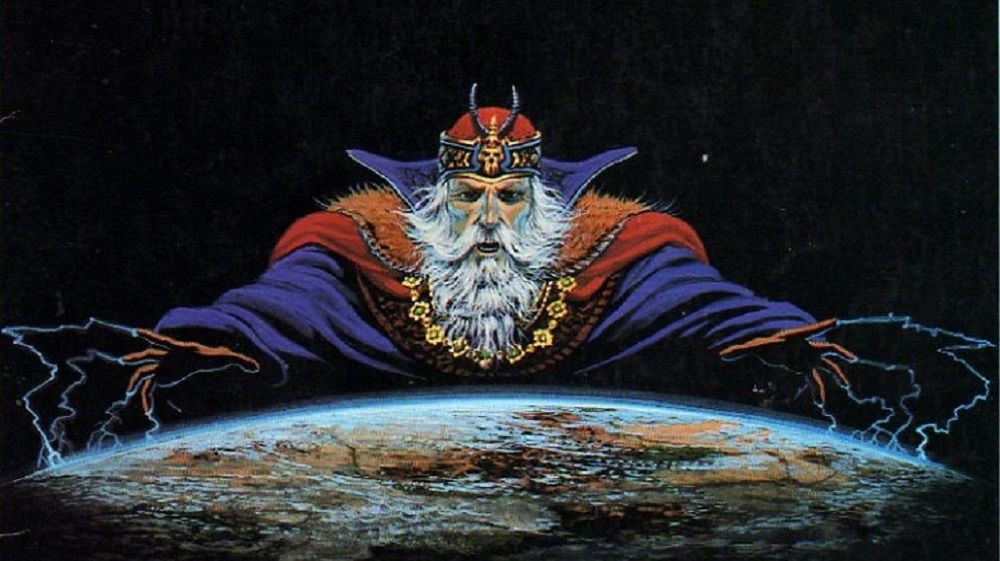
Everything that happens during a gaming session is orchestrated by the Dungeon Master. From the tiniest detail of the world, to the overarching plot in which the players have to navigate, it's all the DM.
The Dungeon Master is the one in which everyone looks to for their questions, clarifications, and for the next part of the story. They are the ones with all of the answers, and everything is going to go the way they want it to.
9 Players Do Not Need To Plan
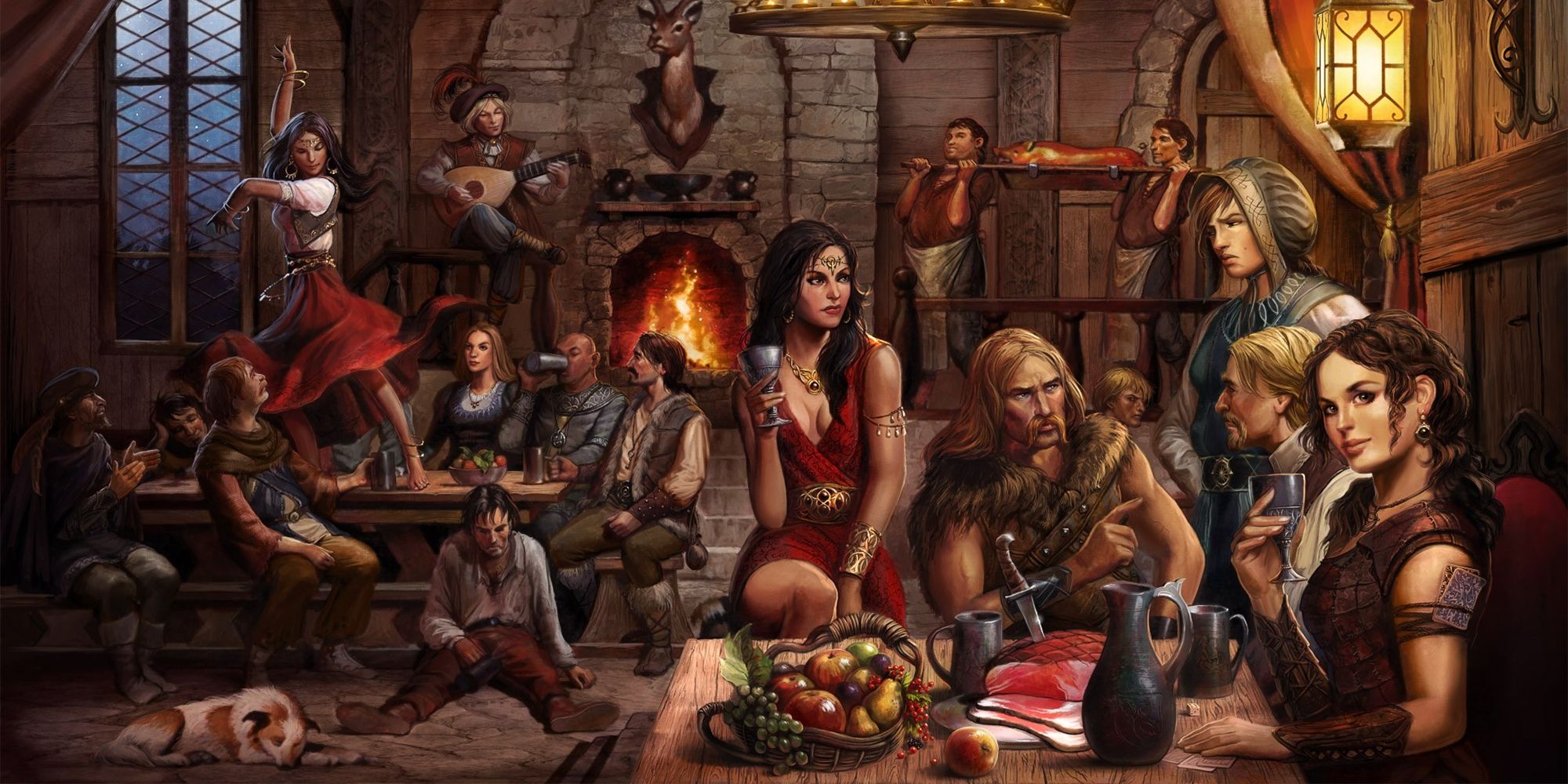
One of the biggest drawbacks to being a Dungeon Master is how much planning has to go into it. Every single plot point, battle, and event has to be prepared in advance. Then if a player decides to do something unexpected? A DM has to flip the script and immediately come up with something to fit. They have to keep everything in order, and keep the game running smoothly.
It's a lot of pressure that a player doesn't have to deal with. They just show up and enjoy the fruits of someone else's labor.
8 The Final Decision On Everything Falls To The DM
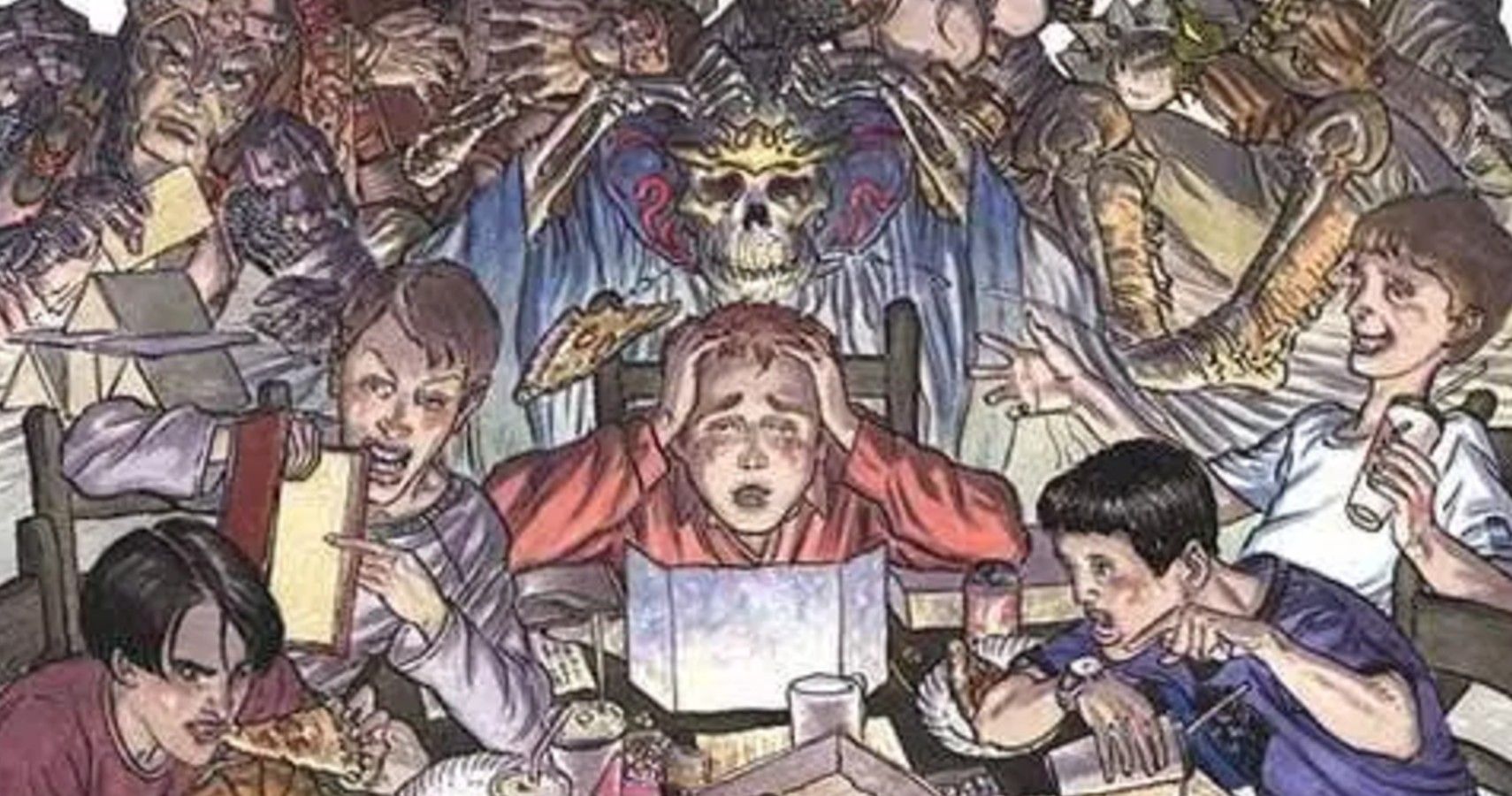
If there is an argument or a question regarding absolutely anything, a DM is the final say. It could be a stressful position with the the wrong group, but it is always nice to have someone designated to be the be all end all voice of reason.
Some Dungeon Masters take this to the extreme, making their word the only one that matters throughout a session. Others will try to incorporate the ideas of the rest of the group into their decision making process. It all depends on the person, and some really enjoy the ability to have that level of control.
7 Players Can Get Creative With Solutions Thrown At Them
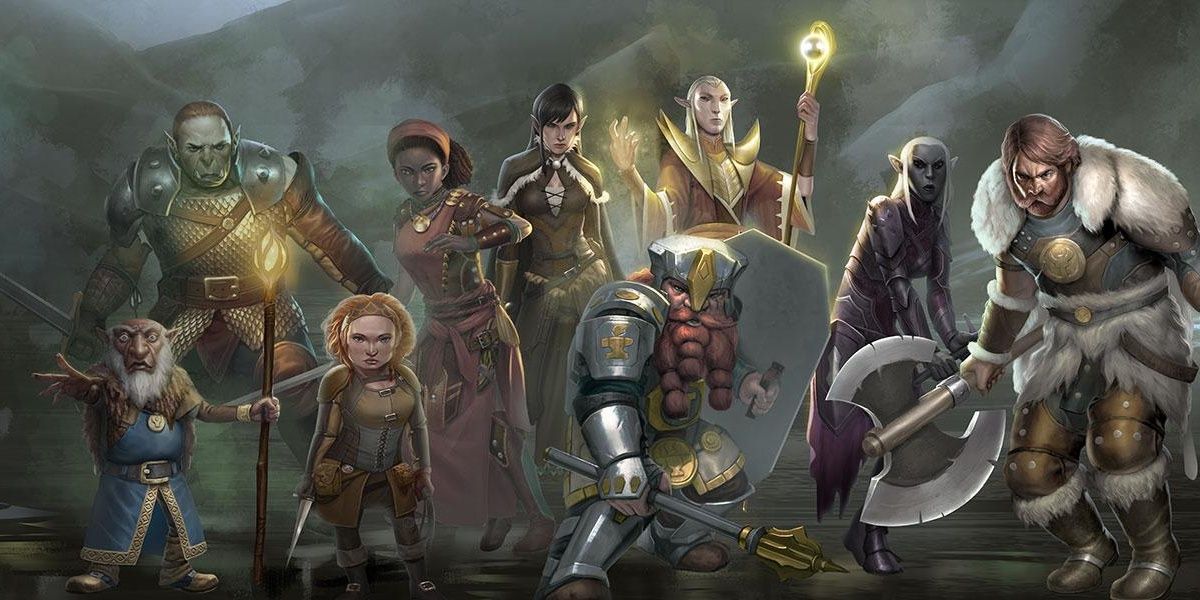
The only limitations to a game are the house rules. Even the rules laid out in the core rulebook can be up for discussion, and that means that as long as they are following the rules, a player can come up with any sort of solution to anything thrown at them.
There are no computers trying to calculate in a tabletop game, just a person at the head using their own brains to react to situations. A player does not need to come up with the problem, they just have to solve it.
6 A DM Has To Think On Their Feet
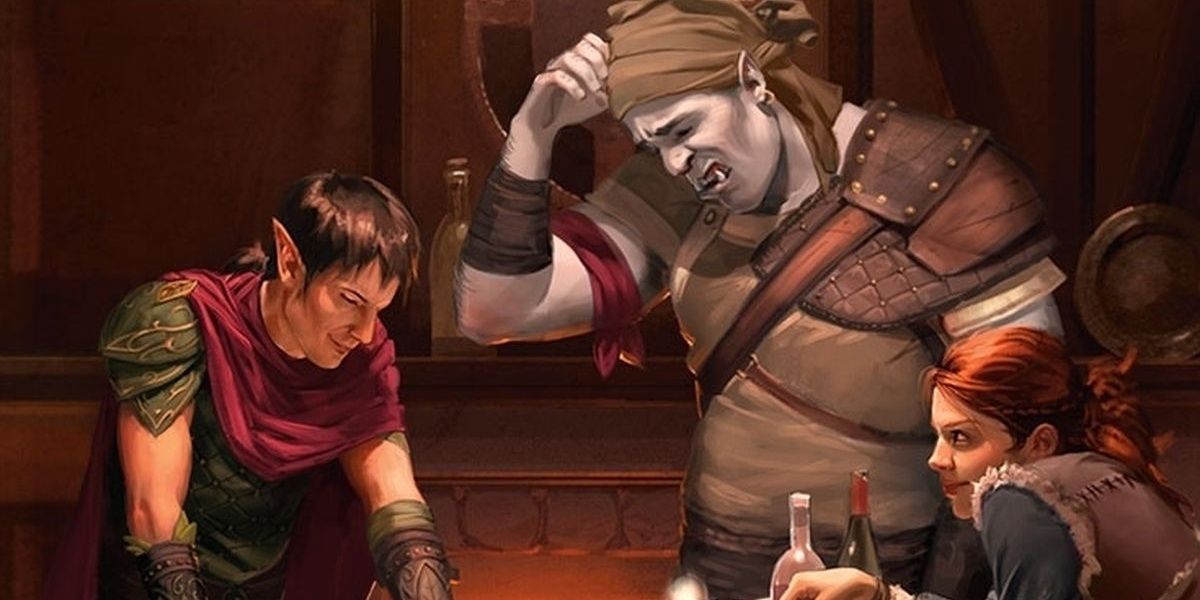
After all the planning that goes into a session, there is always the chance that someone will come up with something that was simply not planned for. A strong piece of advice given to any new DM is to expect the unexpected.
It's a Dungeon Master's job to ensure that the game continues to run. If a player throws something at them that they hadn't planned for, a good DM will find a way to roll with it. They are more of the guides of the storyline than the absolute masters, and thinking quickly on their feet will give the illusion that they always have everything under control.
5 A Player Gets Passive Control Themselves
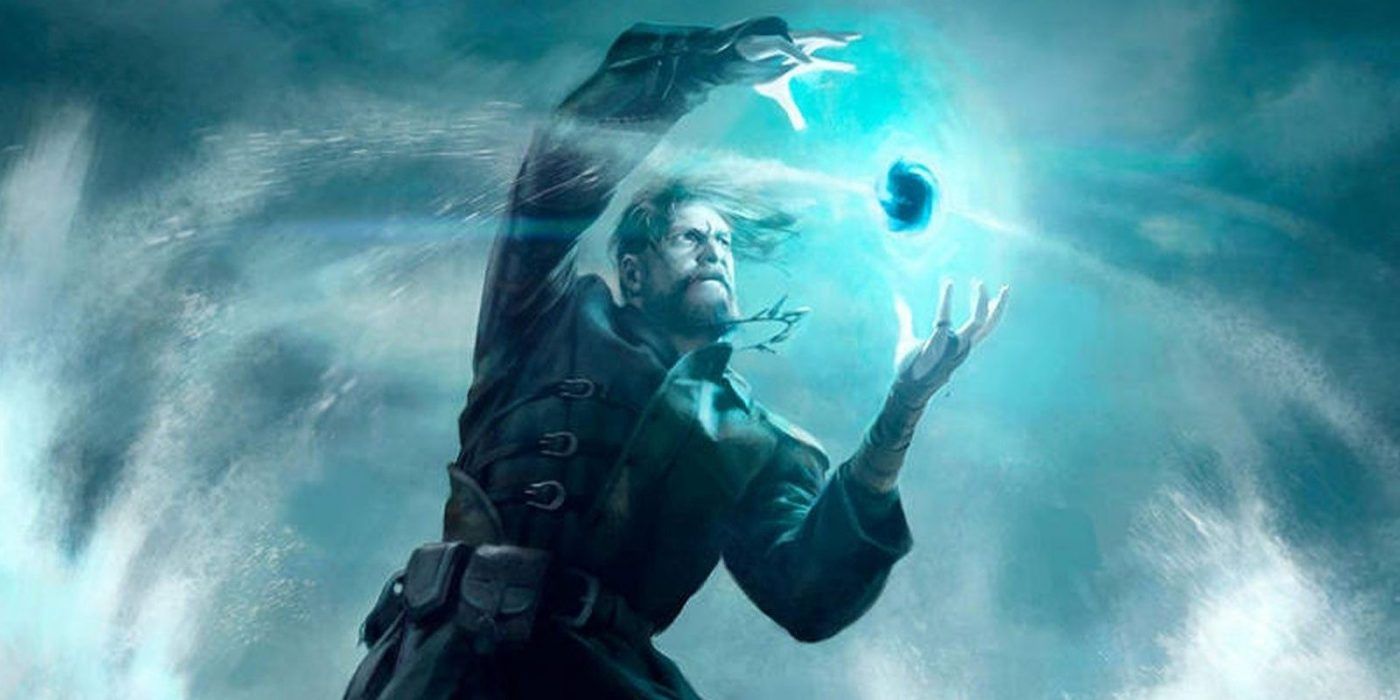
Technically, nothing can happen in a game if there are no players. Therefore, a player has a passive sort of control over the game. If they really do not want to do something, they don't have to. There may be consequences for these actions, but with some good rolls and some clever ideas, a player can have passive control over how events in the game end up.
Navigating the story and the events within is the job of the player. It's what they are there for! So it stands to reason that a player is also granted the ability to be autonomous and use their own thoughts to do so.
4 More Time Is Spent On The Game As A DM
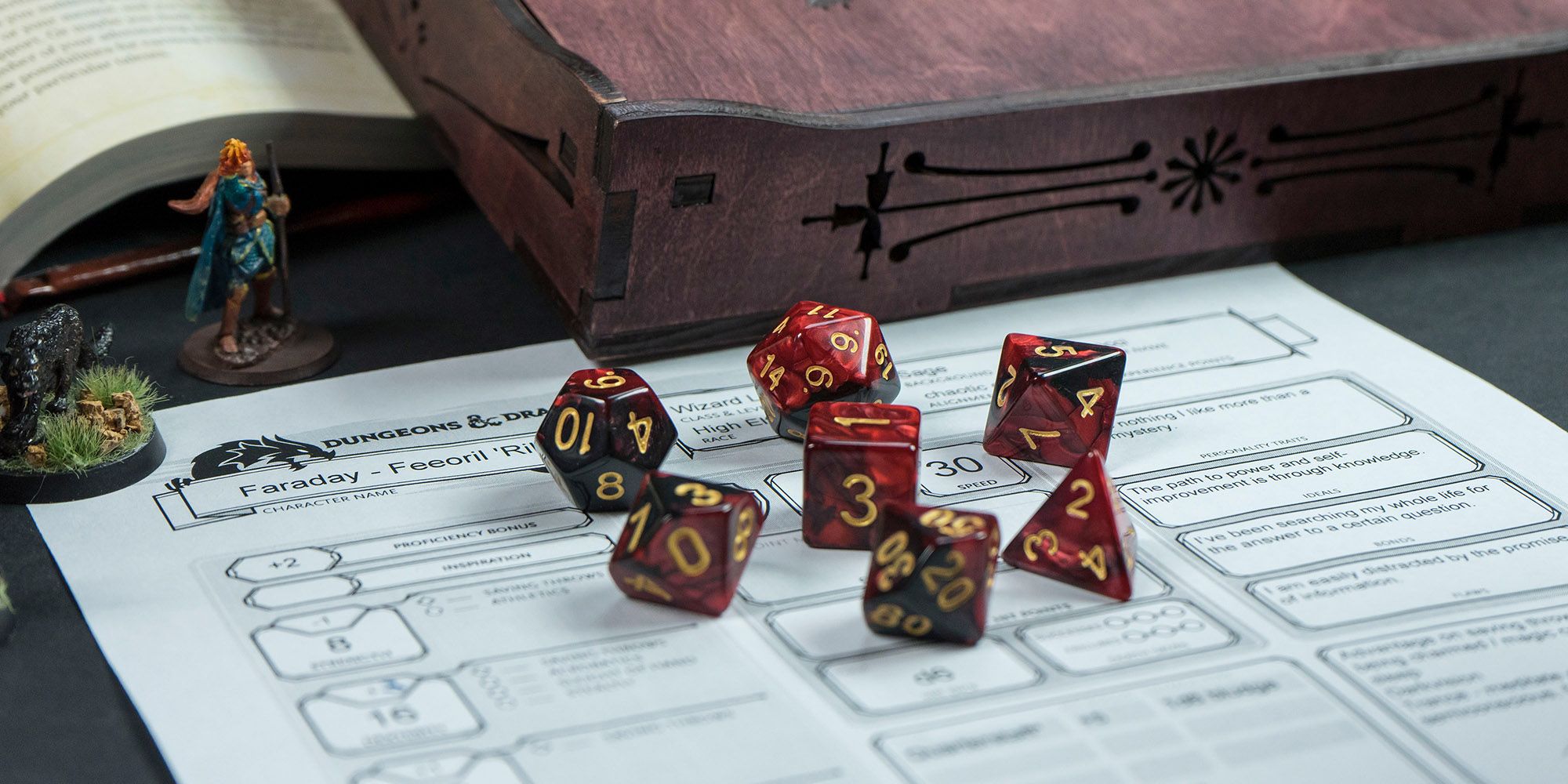
Some people just really live for the game. If Dungeons and Dragons takes up a significant portion of someone's fantasies, it might be time to consider being the DM. There is so much that goes into making a game run smoothly, or even having a game at all. There is planning and a storytelling part of it that really nothing else compares to.
In order to get ready, time has to be set outside of any session. That means that the particularly obsessive Dungeon Master can spend as much time on the game as they so choose, leading to an intensely rewarding experience when it is all finally put together.
3 Players Can Sit Back & Enjoy Themselves
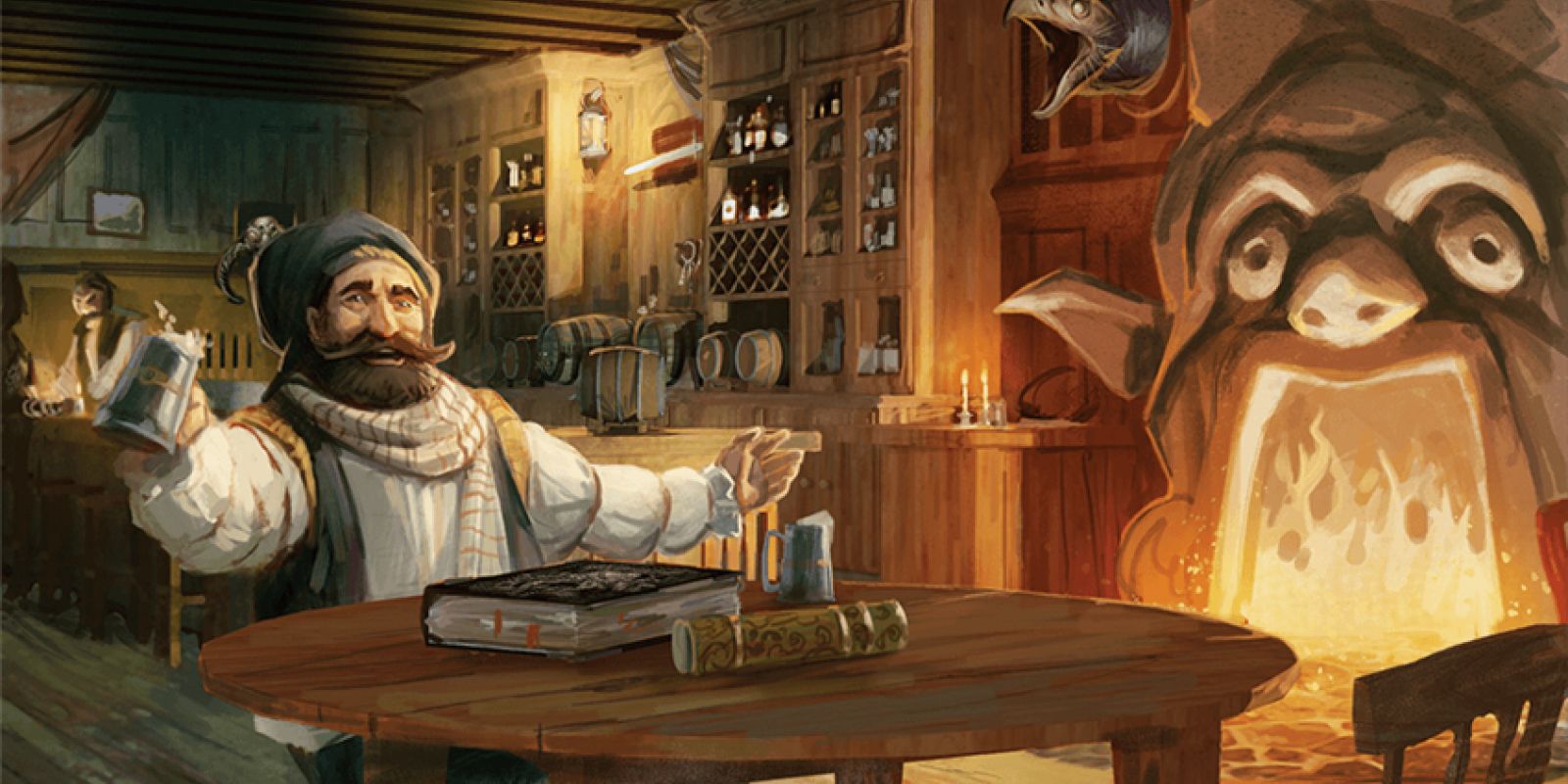
There is really less pressure on a player than there is the Dungeon Master. A player simply needs to show up, probably with their character sheet and their dice, and that is it. They are not required to put forth any of the effort to make the game happen in the first place.
So that just means that they can be there for the ride. They can just enjoy the company of their companions, and be part of a story that a whole group of people make together. They get to just have fun with it. Little stress, little effort, just fun.
2 There Is The Ability To Homebrew As A DM
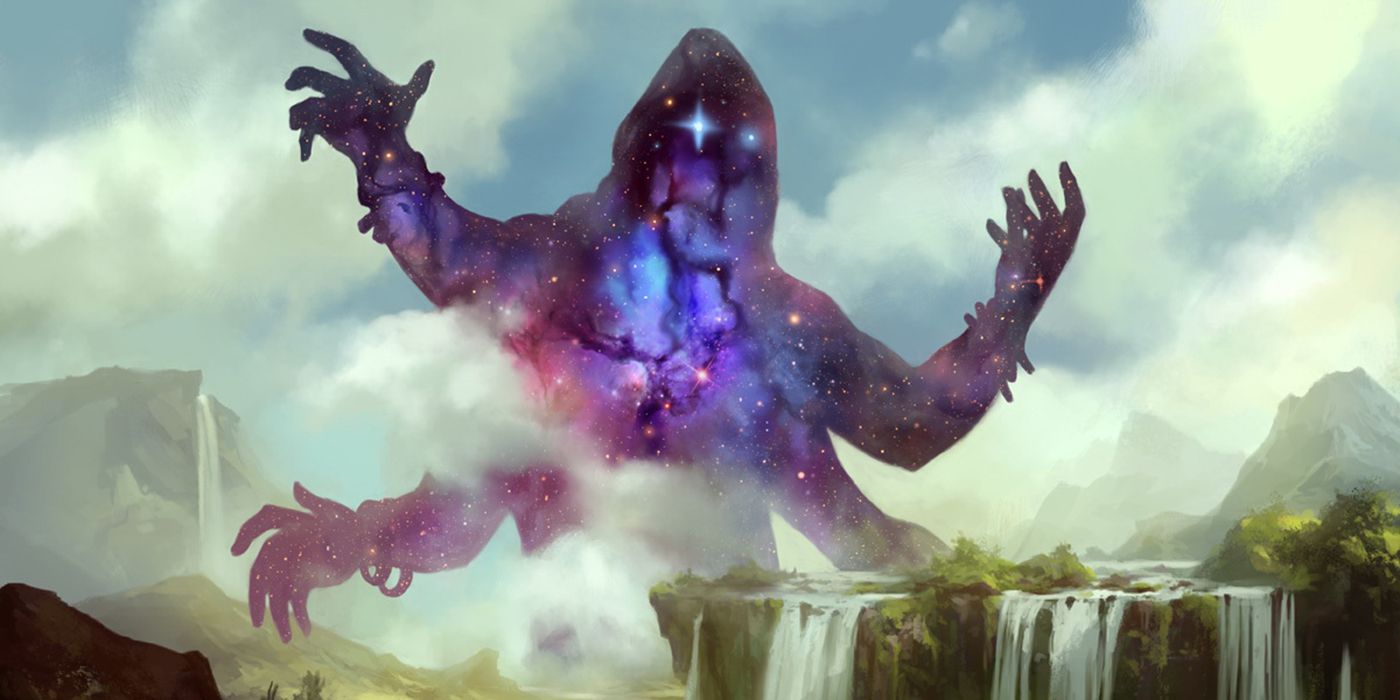
One of the most enticing parts of being a Dungeon Master is to shape everything in a way that they see fit. If there isn't something already there that does what is wanted, a DM can just make it. There are literally no limits whatsoever to what can and cannot be done.
Don't like a rule? Change it. Wish something could happen or exist that doesn't in the books? Make it. That's the beauty of the position. Just make sure that the players are all on board first, otherwise some things can go out the window fast.
1 Players Get To Experience The Excitement
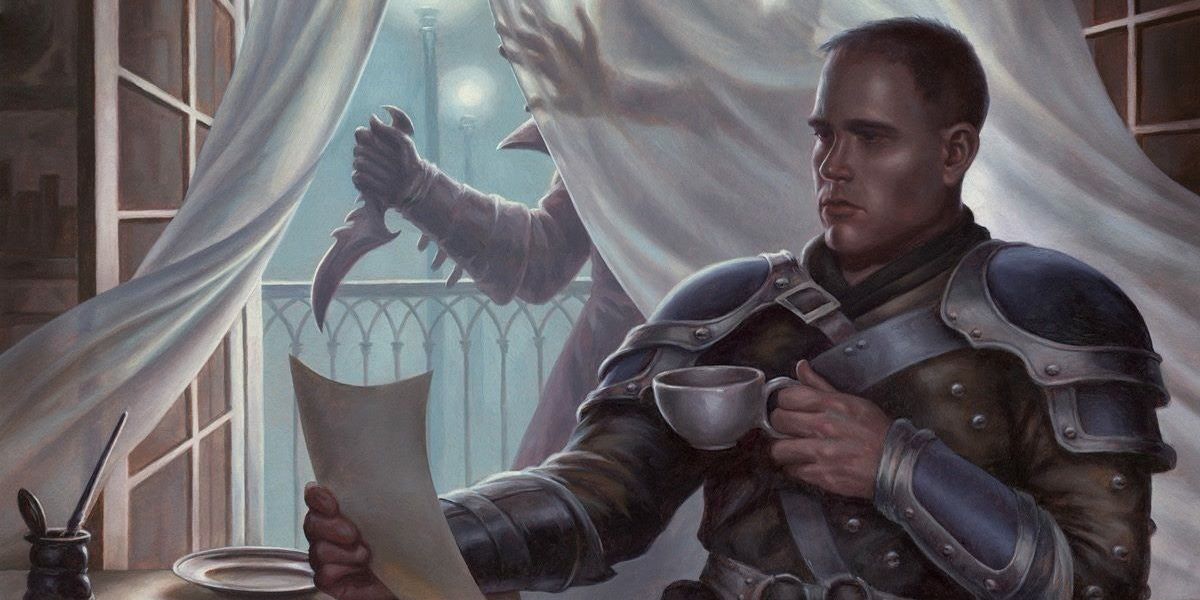
A Dungeon Master went through a lot of work to put the game onto the table. Chances are, a good DM is excited to share this with the players and wants to have an engaging experience with the rest of the group.
A player gets to be there for that, experiencing every twist and turn someone made just for them. They get to explore a world custom built to be engaging and tailored to the group. The game was made for them, so they get to experience it all first hand.
0 Comments